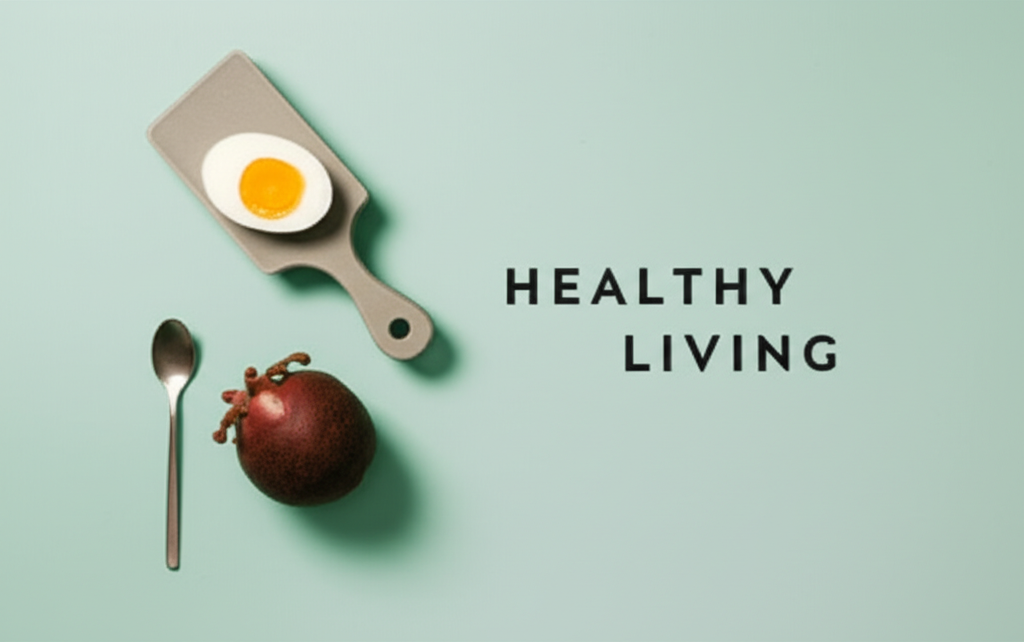Exercise in Morning or Evening?
The age-old question for fitness enthusiasts: is it better to exercise in the morning or evening? There's no single right answer, as the optimal time depends heavily on individual factors like your chronotype (your natural sleep-wake cycle), personal preferences, and daily schedule. However, understanding the potential benefits and drawbacks of each can help you make an informed decision that aligns with your lifestyle and goals.
Morning Workouts: The Rise and Grind
Many swear by morning workouts, citing several key advantages:
- Increased Consistency: Life gets in the way. Scheduling your workout first thing in the morning minimizes the chances of unexpected events derailing your exercise plans. Once it's done, it's done, and you can feel good about accomplishing your fitness goal before the day even begins.
- Improved Energy Levels: While it might seem counterintuitive to expend energy first thing, morning workouts can actually leave you feeling energized and focused throughout the rest of your day. The endorphin rush can act as a natural mood booster and sharpen your cognitive function.
- Better Sleep (Potentially): Regular morning exercise can contribute to improved sleep quality, although this isn't universally true. It helps regulate your circadian rhythm and can lead to better sleep if you're not overexerting yourself.
- Less Crowded Gyms: Early bird gets the worm! Morning gym sessions are often less crowded than those in the evening, providing a more peaceful and less stressful workout environment.
However, morning workouts also have potential downsides:
- Lack of Energy: For some, mornings simply aren't conducive to intense exercise. If you're not a morning person, forcing yourself to wake up early for a workout can lead to decreased performance and a less enjoyable experience.
- Higher Risk of Injury: Cold muscles are more susceptible to injury. Warming up thoroughly is crucial, but a rushed morning routine may not always allow for adequate preparation.
- Disrupted Sleep: If you're already struggling with sleep, setting an alarm for an early workout might negatively affect your sleep quality. The body needs sufficient rest to function optimally.
Evening Workouts: The Wind-Down Routine
Evening workouts offer a different set of advantages and disadvantages:
- Increased Body Temperature: Your body temperature naturally peaks in the late afternoon and early evening. This can translate to improved muscle flexibility and strength, allowing for potentially better performance.
- More Energy: After a full day, you might find you have more energy and motivation for exercise than in the morning, leading to a more enthusiastic and efficient workout.
- Stress Relief: Evening exercise can be a great way to de-stress after a long day. It provides an outlet for pent-up tension and can improve both mood and sleep quality.
However, evening workouts also present some challenges:
- Less Time: Unforeseen commitments and a longer workday can make it challenging to stick to an evening exercise routine.
- Potential for Sleep Disruption: Intense exercise too close to bedtime can interfere with your ability to fall asleep. Aim to finish your workout at least two to three hours before you plan to go to bed.
- Crowded Gyms: Evening gym sessions are typically more crowded, potentially leading to longer wait times for equipment.
Finding Your Ideal Workout Time
Ultimately, the best time to exercise depends entirely on you. Experiment with both morning and evening workouts to see which aligns better with your personal preferences, energy levels, and schedule. Consider the following factors:
- Your Chronotype: Are you a morning lark or a night owl?
- Your Energy Levels: When do you feel most energized and motivated to work out?
- Your Schedule: What time of day allows for consistent workout sessions?
- Your Goals: Are you primarily aiming for cardiovascular health, strength training, or stress relief?
Don't be afraid to try different approaches and adjust your workout schedule as needed. The most important thing is to find a time that you can stick to consistently, ensuring you reap the long-term benefits of regular physical activity. Listen to your body, and remember that consistency is key for achieving your fitness goals.
Conclusion
The debate over morning versus evening workouts is a personal one. Both have their merits and drawbacks. By carefully considering your individual circumstances and preferences, you can find the optimal time to exercise that helps you stay fit and healthy, consistently.
Hashtags:#exercise #fitness #morningworkout #eveningworkout #health #wellness #fitnesstips #workoutroutine #physicalactivity Labels: exercise,fitness,morning workout,evening workout,health,wellness,fitness tips,workout routine,physical activity Labels:exercise,fitness,morning workout,evening workout,health,wellness,fitness tips,workout routine,physical activity